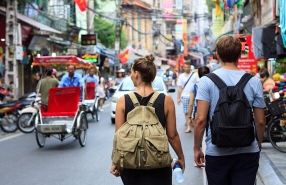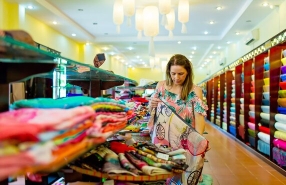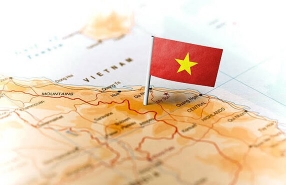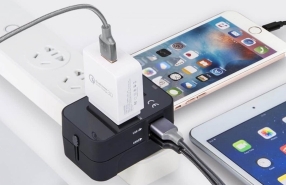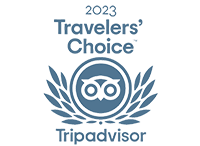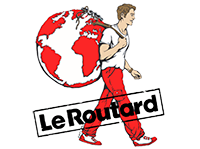What Is The Currency In Vietnam ? How To Pay When Traveling To Vietnam?

Table of Contents
I. Brief overview of Vietnam
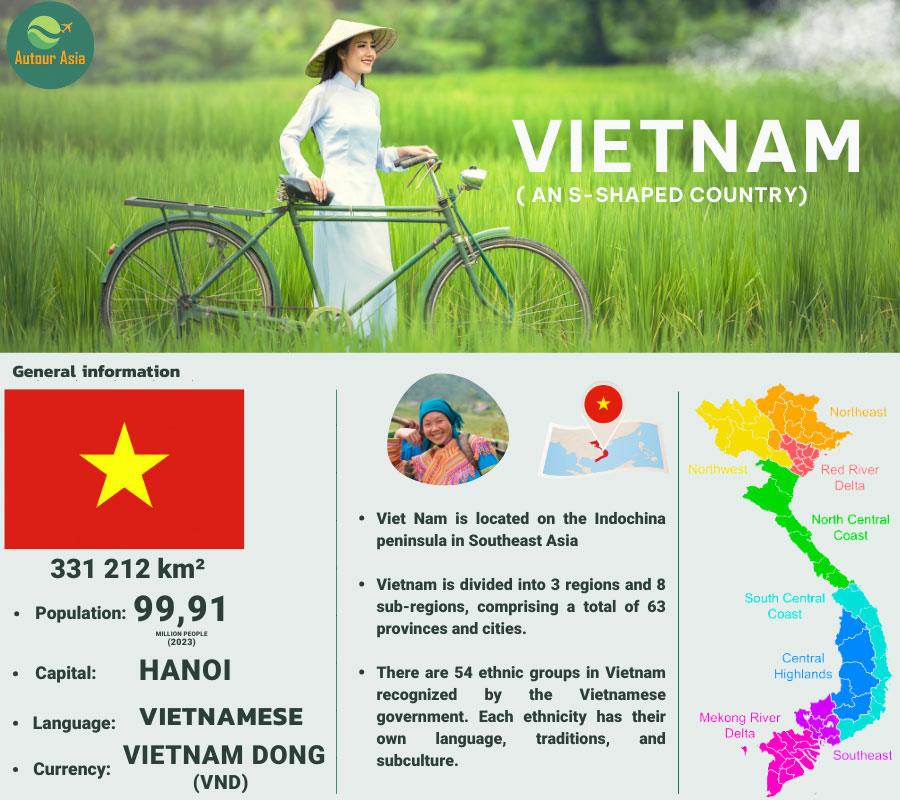
Step into the heart of Vietnam, a nation where ancient streets echo with the whispers of history, street food tantalizes taste buds, and the wonders of Ha Long Bay unfold in all their breathtaking beauty. Even though Vietnam is still growing, it has made big progress in both its economy and society. Immerse yourself in the vibrant rhythm of Ho Chi Minh City while basking in the genuine warmth of the Vietnamese people. Whether exploring historic temples or navigating bustling markets, Vietnam seamlessly weaves tradition and innovation into a captivating tapestry, ensuring your journey is a harmonious blend of cultural depth and natural splendor.
II. Vietnamese Currency
1. Introduction to the Vietnamese đồng (VND)
What is money called in Vietnam ? The recognized currency in Vietnam is the Vietnamese đồng (VND). For those exploring Vietnam for the first time, gaining insight into currency exchange rates and remembering a few guidelines for money exchange is crucial before engaging in transactions. Familiarizing yourself with these aspects ensures a smoother financial experience during your initial travels through Vietnam.
2. Brief history and development of the currency in Vietnam
In the period of French rule in Indochina, the official currency was the Piastre, commonly known as "bac." Subsequently, colonial authorities introduced Mexican coins, initially weighing 27.73 grams, followed by the Dong Duong coin, which weighed 27 grams.
Besides the coins mentioned earlier, The Indochina Bank also made paper money that had pictures of three girls wearing traditional clothes from Vietnam, Laos, and Cambodia.
The history and development of the currency in Vietnam trace back to significant milestones in the nation's economic and political landscape. The official currency, the Vietnamese đồng (VND), was introduced in 1978, replacing the Southern đồng and establishing a unified monetary system following the reunification of North and South Vietnam.
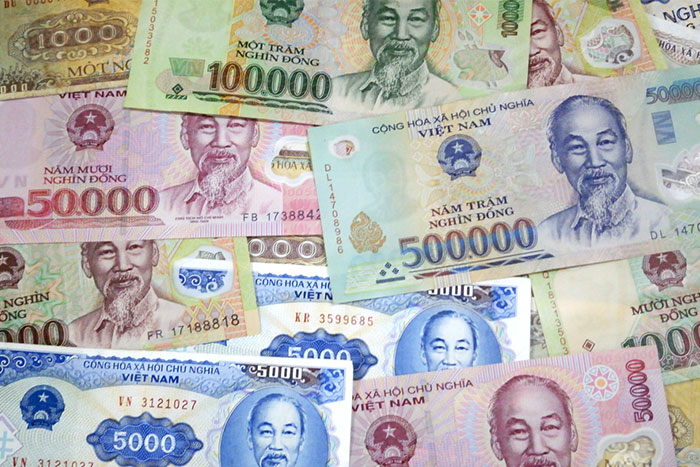
The story of the Vietnamese đồng shows how strong and flexible Vietnam has been, going through different stages and making progress in the world economy.
III. Currency Denominations
1. Overview of different denominations of VND
2. Commonly used banknotes
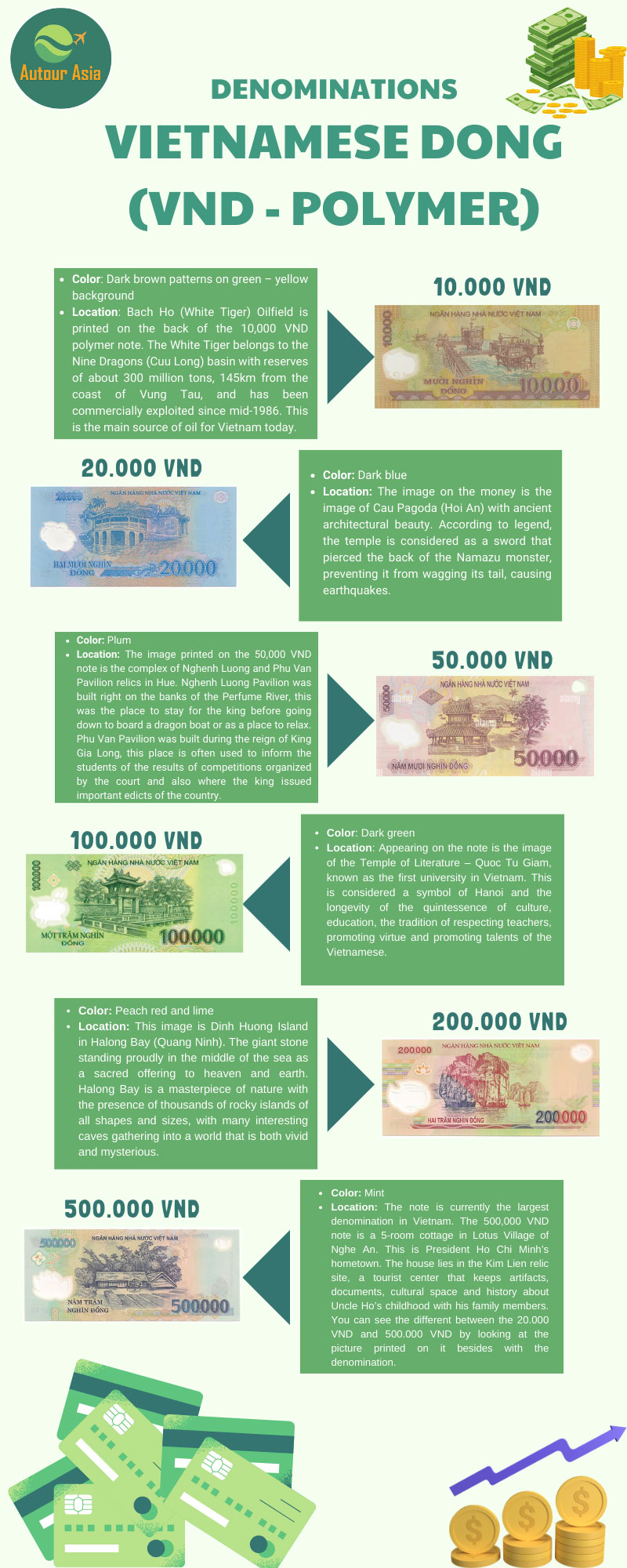
IV. Currency Exchange
1. Banks
* Advantages
- Reliable and Legitimate Transactions:Conducting currency exchanges at banks ensures transactions take place in trusted and legally regulated environments.
- Elimination of Counterfeit Concerns:Customers can rest assured as there is minimal risk of encountering counterfeit money when exchanging currency at banks.
- Enhanced Security Measures:Banks provide a secure environment equipped with surveillance cameras and professional security guards, reducing the likelihood of security issues during transactions.
- Assistance from Well-Trained Staff:Bank staff is proficient and accommodating, with many capable of communicating in English. Whether fluent, moderately proficient, or with limited English, the staff is dedicated to assisting foreigners who may not be well-versed in Vietnamese.
- Comfortable Waiting Areas:With the presence of air-conditioning systems, banks prioritize customer comfort even during extended waiting periods, ensuring a pleasant experience for those availing currency exchange services.
- Protection Against Theft:Customers can feel secure knowing that the risk of falling victim to theft is minimized when exchanging money at reputable banks. This safeguards them from potential scams and fraudulent activities.
* Drawbacks
- Less Favorable Exchange Rates:
Typically, banks offer exchange rates that are lower compared to those available at gold shops and currency exchange outlets. - Restrictions on Old and Damaged Notes:
Banks may not accept old or damaged currency notes, limiting the options for individuals looking to exchange such notes. - Lunchtime Closures:
Bank branches often close during lunch hours, such as from 11:30 AM to 1:00 PM. This closure period can inconvenience customers seeking currency exchange services during this time frame.
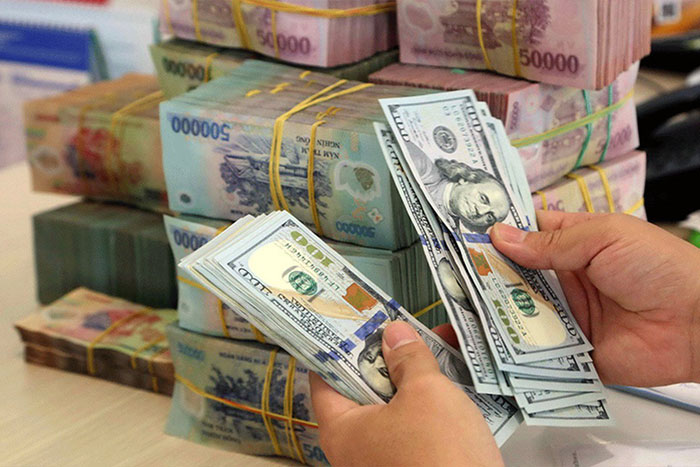
Note : It is advisable to utilize state-affiliated banks such as Agribank, SBV, Vietcombank, Viettinbank, BIDV, ...
2. Money exchange shops inside or around tourist attractions, at hotels and at airports
* Advantages:
- Trustworthy and Legitimate Transactions:
Money exchange shops in these locations are generally recognized as trustworthy and legally regulated, providing a secure environment for currency transactions. - English-Speaking Staff with Excellent Service:
The staff at these establishments are proficient in English and undergo training to deliver exceptional service to foreigners, ensuring a smooth and convenient exchange process. - Extended Operating Hours:
Unlike some banks, many money exchange shops operate without a lunch closure, offering extended hours for travelers to conduct their currency exchanges at their convenience.
* Drawbacks :
- Less Favorable Exchange Rates:
The exchange rates provided by these establishments are commonly lower compared to those available at gold shops, potentially impacting the value of the currency exchange. - Risk of Theft and Scams:
Given the presence of currency exchange stalls in crowded tourist areas, there is an increased risk of encountering thieves and the potential for being taken advantage of or ripped off, emphasizing the importance of vigilance during transactions.
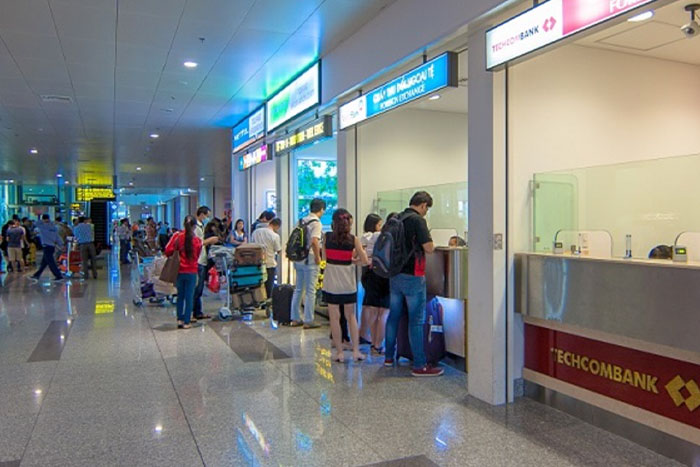
V. Exchange Rates
Is $100 a lot of money in Vietnam ? Below is the answer, exchange rates fluctuate daily, and the provided rates reflect the currency exchange values on October 20, 2023.
VI. Tips for handling currency in Vietnam
1. Practical advice for travelers
- Exchange currency at banks, authorized exchange offices, or ATMs. Avoid unlicensed street vendors to prevent scams or receiving counterfeit money. Banks usually offer more favorable rates compared to airport exchange services.
- You can use credit cards easily in cities and tourist spots. However, it's advisable to carry cash for places that may not have card facilities.
- Install a currency conversion app on your smartphone to quickly calculate prices and understand the value of items in your home currency.
- ATMs are prevalent in cities and towns. Withdrawals are typically in Vietnamese Dong. Be cautious of using ATMs in remote areas, and consider using machines affiliated with major banks for security.
- Keep a small amount of emergency cash in a separate, secure location for unforeseen circumstances.
- ...
2. Cultural considerations when dealing with money
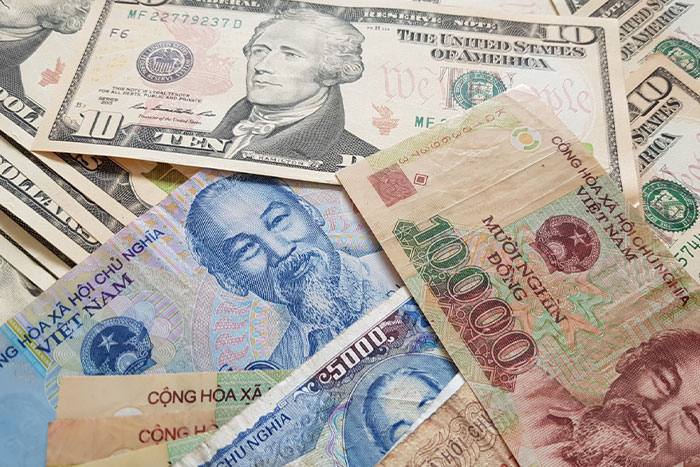
- When counting money, do so discreetly and avoid displaying large amounts in public. It's a cultural norm to handle money with discretion.
- Bargaining is common in markets, but it should be done with respect. Avoid being overly assertive, and consistently uphold a friendly and polite attitude.
- Vietnam's money has pictures of important people and special symbols. Remember to be respectful and not step on it or use it in a way that's not polite.
- ...
VII. Development of contactless payment in Vietnam
Currently, there are several international payment card issuers worldwide and in Vietnam, but the most popular in Vietnam are three international organizations: VISA, MasterCard, and JCB. You can distinguish the types of cards issued by these three organizations through the logo printed on the front, in the bottom right corner of the card.
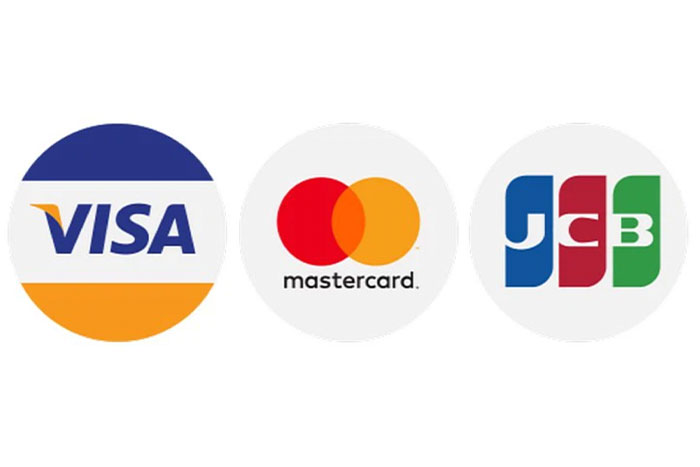
In the present era, Vietnamese banks have embraced QR code payments, while on the international front, widely acknowledged credit cards like Mastercard, Visa, and JCB provide extensive usability globally. These cards facilitate transactions not only at conventional point-of-sale (POS) machines but also at those adorned with the distinctive logos of Mastercard, Visa, and JCB brands.
Understanding currency in Vietnam and managing payments while traveling is crucial for a smooth experience. If you're exploring bustling cities or serene landscapes, adapting to the local currency and payment methods enhances your journey. Make the most of your Vietnam adventure with Autour Asia by staying informed and making wise choices in handling your finances. Safe travels!
Related travel guide
Other similar articles
CUSTOMIZABLE BY LOCAL EXPERTS
Personalized trip at the original price!
REFUND GUARANTEE
We believe in our work and promise to give you money back.
GOOD PRICE / QUALITY
95% satisfied more than expected!
24/7 LOCAL SUPPORT
We are always available online to provide assistance at any time.
Most read articles
Autour Asia is highly recommended on
Embracing the mission of "Satisfied more than expected" and providing authentic experiences, we have received numerous recommendations on reputable travel forums:













